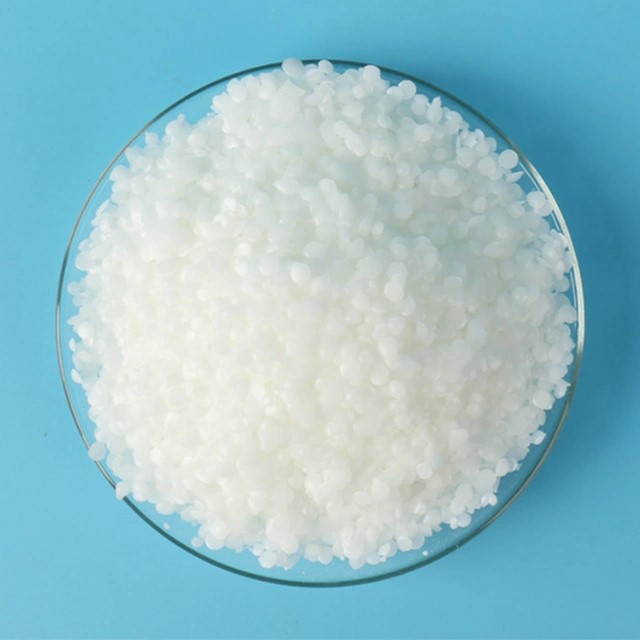The use of Fischer Tropsch waxes in processing of PVC & CPVC -1

1. Lubricants used in PVC processing:
Lubricants play a very significant role in processing PVC and CPVC. Lubricants for PVC are classified as –
1.1 Polar lubricants ≈ Internal lubricants. They are compatible with PVC during processing and reduce its melt viscosity. Examples are-GMS, Butyl stearate etc.
1.2 Non-polar lubricants ≈ External lubricants. Examples are –paraffin waxes, Fischer Tropsch waxes, polythene waxes etc.
1.3 Intermediate lubricants ≈ Internal/External or Balanced lubricants – They are partly compatible with PVC at processing temperature and migrate to the surface on cooling. They are used as Antistat, Antifog, Slip & Release agents. Examples are – EBS, GMO etc.
1.4 Film former type of lubricants (very polar) – They form a film on the equipment’s oxidized metal surface (very polar) and prevent PVC melt from adhering to it. Examples are Calcium stearate, Oxidized PE waxes etc.
PVC does not melt during processing, but it undergoes fusion.
Optimum level of 65-70% fusion is responsible for the best mechanical properties of UPVC products.
While polar lubricants promote fusion, non-polar lubricants delay fusion.
By using their judicious phr level, fusion can be either promoted or delayed and thus controlled.
2. Nature of Fischer Tropsch waxes:
Fischer Tropsch waxes are non-polar synthetic waxes. They are also known as synthetic paraffin waxes, polymethylene waxes or F. T. waxes.
These synthetic waxes are synthesized from carbon monoxide and Hydrogen, in presence of catalyst, at high temperature and pressure.
Fischer-Tropsch process can synthesize alkanes of different chain lengths and thus can form a series of products having different molecular weights.
F. T. waxes have high melting points from 95-110° C, narrow melting range and low melt viscosity.
F. T. waxes are water white, hard and oil free products.
F. T. waxes chains have much less molecular weight than PE waxes, have fewer branches and have no double bonds.
Its lower molecular weight helps in achieving the desired lubricating effect with less dosage, minimizing its negative impact on the physical and mechanical properties of the product.
They are microcrystalline in nature and often blended with natural paraffins to raise their melting points.
Fischer-Tropsch hard waxes are outstanding external lubricants for use during PVC processing, due to their linear structure and their low viscosity.
These properties lead to increased fusion time, reduced fusion torque and increased stability time.
(TO BE CONTINUED...)





